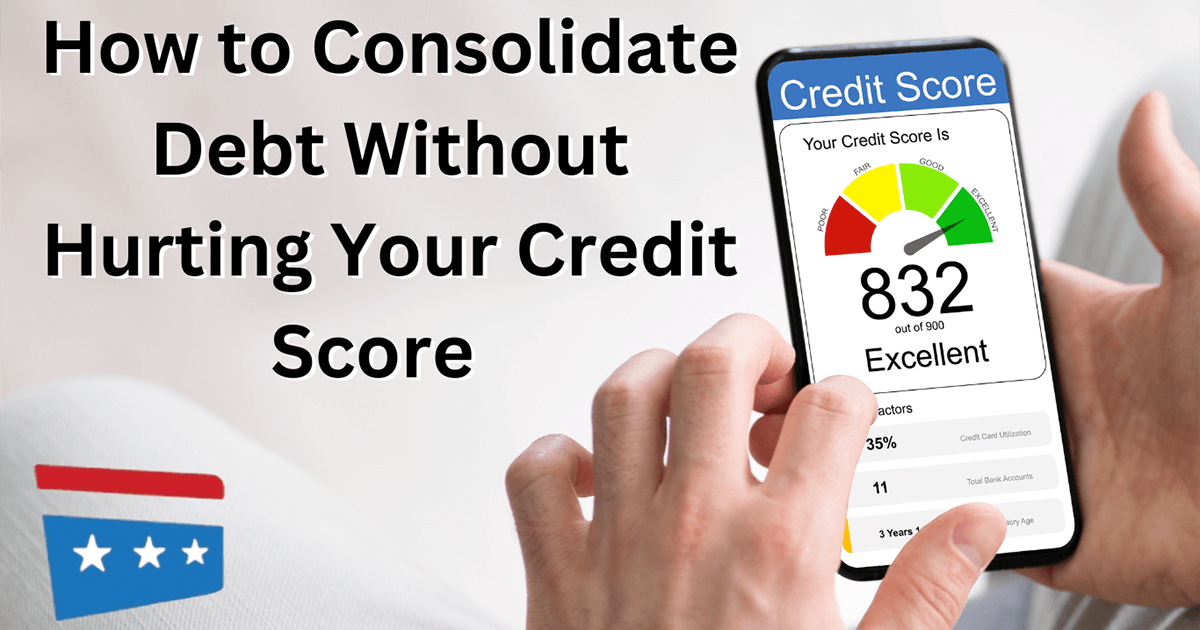Debt can feel like a heavy weight, impacting your financial well-being and overall peace of mind․ The desire to become debt-free is strong, but many worry about the potential impact on their credit score․ Fortunately, it’s entirely possible to strategically eliminate debt while simultaneously protecting, or even improving, your creditworthiness․ This guide will provide you with actionable strategies and insights to navigate the debt elimination process successfully, ensuring a brighter financial future without sacrificing your credit health․
Understanding the Connection Between Debt and Credit Score
Your credit score is a numerical representation of your creditworthiness, reflecting your ability to manage debt responsibly․ Several factors influence your credit score, and understanding these factors is crucial for effective debt elimination:
- Payment History: This is the most significant factor, reflecting whether you’ve made payments on time․
- Amounts Owed: The total amount of debt you owe and the proportion of your available credit that you’re using (credit utilization) are key considerations․
- Length of Credit History: A longer credit history generally indicates a more established track record․
- Credit Mix: Having a variety of credit accounts (e․g․, credit cards, loans) can positively impact your score․
- New Credit: Opening too many new accounts in a short period can lower your score․
Strategies for Eliminating Debt Without Hurting Your Credit
Prioritize High-Interest Debt
Focus on paying down debts with the highest interest rates first․ This strategy, often called the “debt avalanche” method, saves you money in the long run by minimizing interest charges․ By directing extra payments towards these high-interest debts, you can significantly reduce your overall debt burden and free up more funds for other financial goals․
The Debt Snowball Method
The “debt snowball” method involves paying off the smallest debt first, regardless of interest rate․ This approach provides quick wins and can be highly motivating, encouraging you to stay on track with your debt elimination efforts․ While it might not be the most financially efficient method, the psychological boost can be invaluable․
Balance Transfers
Consider transferring high-interest credit card balances to a card with a lower interest rate or a 0% introductory APR․ This can save you a substantial amount of money on interest charges, allowing you to pay down your debt faster․ However, be mindful of balance transfer fees and ensure you can pay off the balance within the promotional period․
Debt Consolidation
Debt consolidation involves taking out a new loan to pay off multiple existing debts․ This can simplify your payments and potentially lower your interest rate; Options include personal loans, home equity loans, or balance transfer credit cards․ Carefully evaluate the terms and conditions to ensure the consolidation loan is a better option than your current debt structure․
Negotiate with Creditors
Don’t hesitate to contact your creditors and negotiate lower interest rates or payment plans․ Many creditors are willing to work with borrowers who are facing financial difficulties․ Even a small reduction in your interest rate can make a significant difference over time․
Maintain On-Time Payments
The most crucial aspect of protecting your credit score while eliminating debt is to consistently make on-time payments․ Even if you’re paying more on some debts, ensure you’re meeting the minimum payment requirements on all your accounts to avoid late fees and negative marks on your credit report․
Avoid Opening New Credit Accounts
While paying down debt, it’s generally best to avoid opening new credit accounts unless absolutely necessary․ Opening new accounts can lower your average account age and potentially increase your credit utilization ratio, both of which can negatively impact your credit score․
Budgeting and Financial Planning
Effective budgeting and financial planning are essential for successful debt elimination․ Create a detailed budget that tracks your income and expenses, identifying areas where you can cut back and allocate more funds towards debt repayment․ Consider using budgeting apps or spreadsheets to stay organized and monitor your progress․
- Track your income and expenses meticulously․
- Identify areas where you can reduce spending․
- Allocate extra funds towards debt repayment․
FAQ: Eliminating Debt and Protecting Your Credit
Q: Will closing credit card accounts hurt my credit score?
A: Closing credit card accounts can potentially lower your credit score, especially if you have a short credit history or if it significantly reduces your available credit․ Consider keeping older accounts open, even if you don’t use them regularly, to maintain a longer credit history and a higher credit limit․
Q: How long does it take to rebuild my credit after paying off debt?
A: The time it takes to rebuild your credit after paying off debt varies depending on the extent of your previous credit problems․ However, consistent on-time payments and responsible credit management can gradually improve your score over time․ Monitor your credit report regularly to track your progress․
Q: Can I use a credit card to pay off other debt?
A: Using a credit card to pay off other debt, such as a personal loan, can be risky․ If you’re not able to pay off the credit card balance quickly, you could end up paying more in interest․ Consider balance transfers or debt consolidation loans as potentially better alternatives․
Q: What if I can’t afford to make my debt payments?
A: If you’re struggling to make your debt payments, contact your creditors immediately․ They may be able to offer temporary hardship programs or alternative payment plans․ Consider seeking advice from a qualified financial advisor to explore your options․
Q: How often should I check my credit report?
A: You are entitled to a free credit report from each of the three major credit bureaus (Equifax, Experian, and TransUnion) once per year․ It’s a good practice to check your credit report regularly to identify any errors or signs of identity theft․

